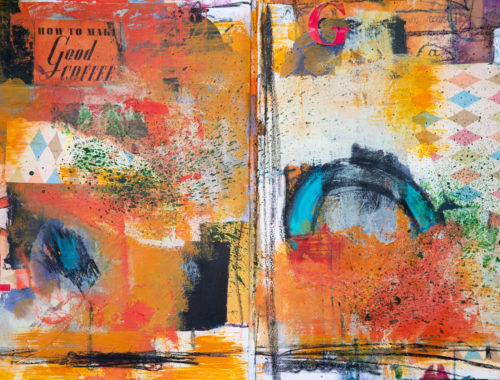
Thinking and Knowing
Art and poetry get banished from our lives, and we are impoverished. We put our hands in our empty pockets and wonder why nothing fills them. We turn to roadmaps and instruction manuals but are still unable to decipher how the world works. Yesterday, I shared a passage from Maps of Meaning by Jordan Peterson in which he made a distinction between ideology and myth. I also hinted that I had long looked to lay the blame for our wayward travels in the shadows at the base of the temple erected to “math” and “science” better known as The Enlightenment. I was wrong. We need to go back further.
The culture at large seems intent on erasing history, but even they don’t understand how much of it has already been eradicated. If they did, they’d be walking around in a stupor, wondering how they could have been fooled enough to contribute to the evil that has plunged the world into a Dark Age so black few people even remember how real light looks and feels.
So, what is there to hold onto when everything is so slippery? Father Stephen Freeman’s words from long ago seem like a good place to start:
God matters and what matters to God matters. … There are many things that do not matter—because they do not matter to God. Knowing the difference between the two—what matters to God and what does not requires that we know God.
And this is theology—to know God. If I have a commitment in theology, it is to insist that we never forget that it is to know God. Many of the arguments (unending) and debates (interminable) are not about what we know, but about what we think.
Thinking is not bad, nor is it wrong, but thinking is not the same as theology. It is, of course, possible to think about theology, but this is not to be confused with theology itself. … We cannot know God objectively—that is He is not the object of our knowledge. He is known as we know a person. This is always a free gift, given to us in love. The knowledge of God is always a revelation, always a matter of grace, never a matter of achievement or attainment.
How much of my life has been spent thinking and how much has been spent knowing? It is a real question, and, ironically, I would need to think long and hard to even come close to knowing the answer. All of this brings to mind Saint Thomas Aquinas, who near the end of his life received a revelation that caused him to stop work on his Summa Theologiae, a vision about which he told his secretary: “The end of my labors has come. All I have written appears to be as so much straw after the things that have been revealed to me.” It makes me wonder what Thomas thought and what he knew.




